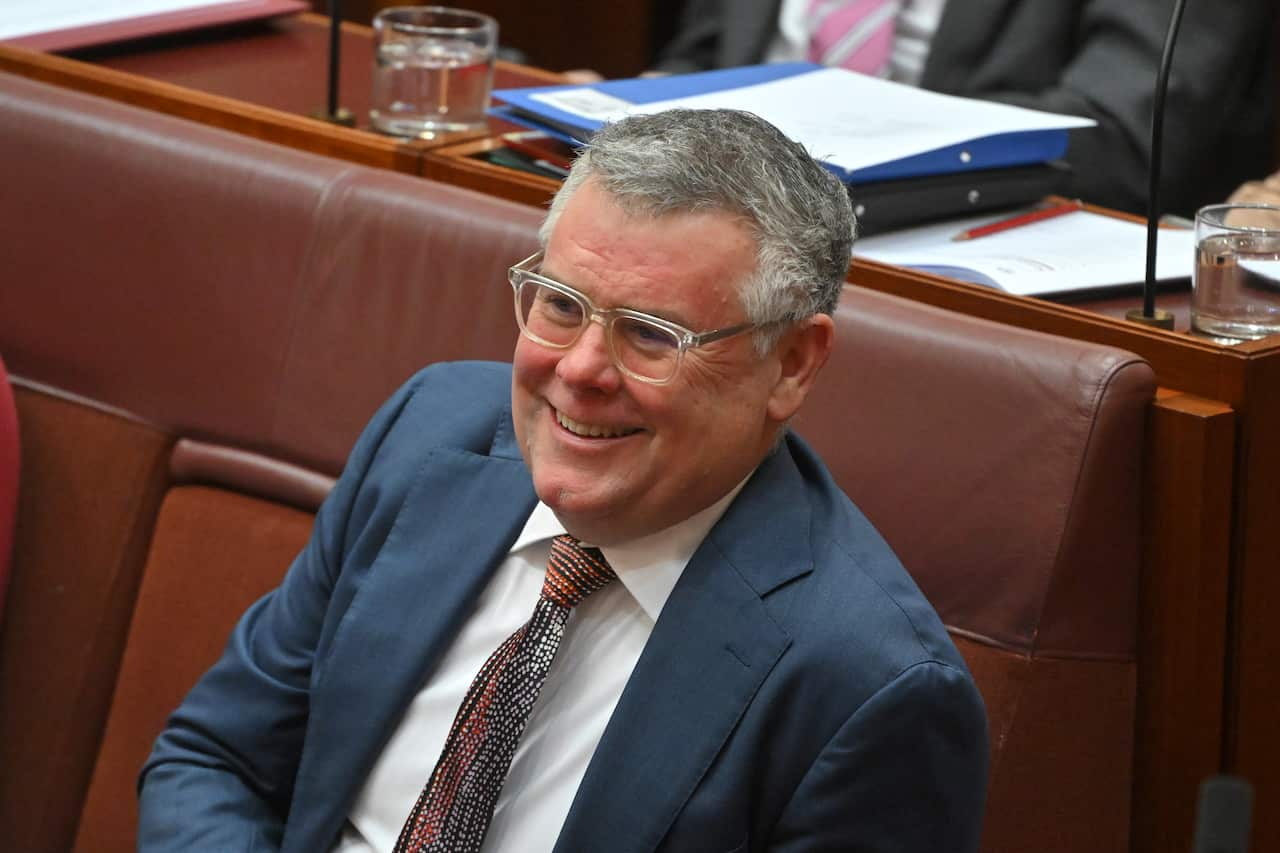The Albanese government has approved the destruction of 4,000 hectares of koala habitat in 2025, the equivalent of four Sydney Airports, making it the worst year on record for federally permitted clearing of the endangered marsupial's habitat.
The figures are compiled in a new report from the Australian Conservation Foundation, which found a further 2.3 million hectares of koala habitat have been cleared without approval due to loopholes in the Environment Protection and Biodiversity Conservation (EPBC) Act.
"Given that the koala has been recognised as threatened with extinction since 2012 and therefore should be protected from harm, this underscores the total failure of the current laws to keep trees in the ground and prevent the further decline of the species," ACF nature campaigner Darcie Carruthers said.
The koala was officially listed as an endangered species in 2022, with the ongoing loss of habitat one of the reasons for the marsupial's decline.
The extent of land clearing
The koala has seen more of its habitat approved for destruction than any other threatened species, with an area of nearly 38,000 hectares approved for clearing since 2011, according to the report.
Agriculture was the main driver of habitat loss, followed by native forest logging and coal mine approvals.
Just one coal project — the Vulcan South Coal Mine in the Bowen Basin in Queensland — was permitted to clear 1,166 hectares of koala habitat, accounting for 30 per cent of all koala habitat approved for clearing in 2025, the report said.
A separate report in 2024 found that land clearing in Queensland and NSW killed three koalas every day, with 100 million native animals displaced, injured, or killed by land clearing in both states every year.
Associate Professor Desley Whisson from Deakin University said stopping the destruction of habitat is vital to preventing extinction.
"We know habitat loss is the leading cause of koala decline, yet deforestation continues unchecked," he said.
"Preventing koala extinction isn't complicated. We need to stop deforestation by strengthening our national laws."
Environment approval reform on the table
In June, Environment Minister Murray Watt brought forward the timeline for a review of the EPBC Act, calling the legislation "utterly broken".
"These reforms are vital for our environment and for business," Watt said at the time.
"The simple truth is that we will not meet our national priorities, like delivering more homes, delivering renewable energy, and, of course, protecting our environment, unless we overhaul these laws."

Adjunct Professor Dr Kita Ashman from Charles Sturt University said reform should remove loopholes in the Act, such as the Regional Forests Agreement (RFAs).
There are currently 10 RFAs covering commercial forestry regions across the country under which logging does not need to be approved by the environment minister.
"The way the Regional Forests Agreements operate under the EPBC Act is effectively a backdoor for destructive practices like logging to continue with very little scrutiny," Ashman said.
"If we remove this loophole, it will mean climate refuges and places that are critical for the survival of the species will remain intact."
The Albanese government pledged in 2022 that there would be zero new extinctions of Australian wildlife, with koalas named as a priority species at risk of further decline.
For the latest from SBS News, download our app and subscribe to our newsletter.

